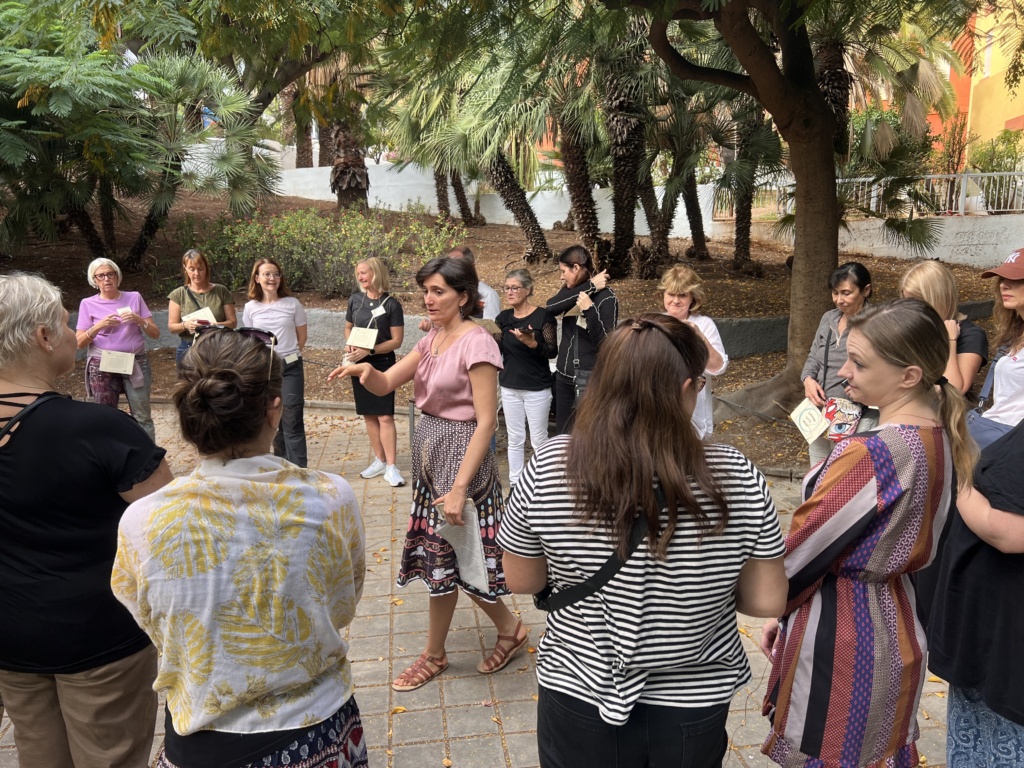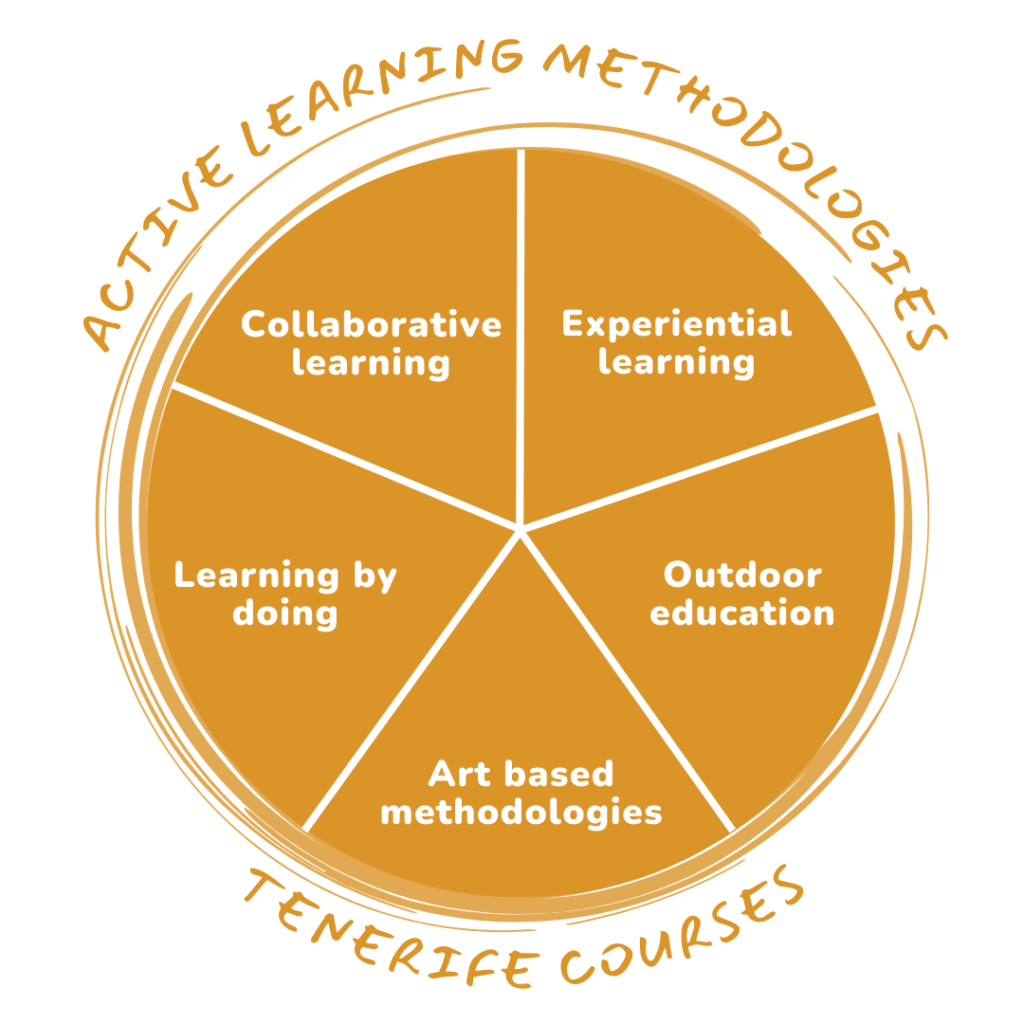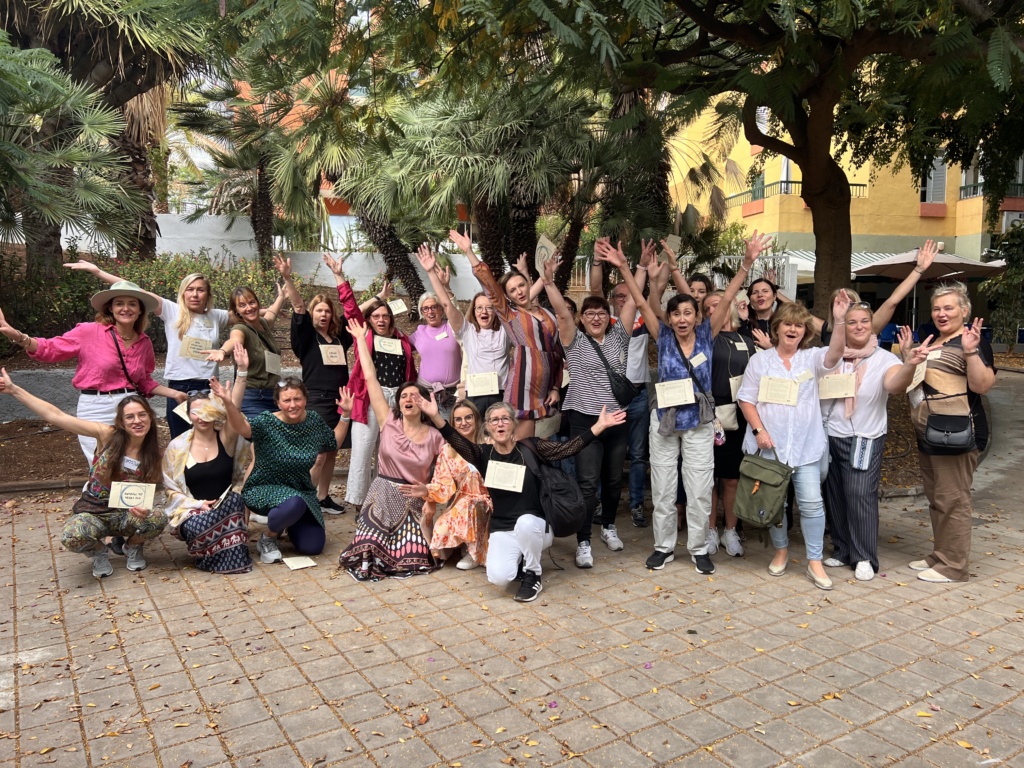Non-verbal methods to promote inclusion and diversity
Break barriers without words! Discover how movement, visuals and sound can create connection, boost inclusion and strengthen group cohesion. Through group dynamics, movement and outdoor activities, you’ll explore powerful, non-verbal techniques that engage everyone—no matter their background or language. Step into a new way of learning that inspires trust, creativity and belonging!



Methodology:
Our focus is on showing the participants how the learners’ motivation increases when they become the actors of their own learning because the teacher takes the role of facilitator or learning guide.
Energizers, games and group reflections are foreseen daily in order to ensure a positive energy and a cooperative learning climate in the group.
We tailor our working methods based upon the participants‘ needs and professional profiles in order to ensure easier adaptability and application of the tools to the real life.
We will take care of you
-
- Support and Emergency Helpline Whatsapp group with all participants for easy communication and interaction between each other.
- Useful pdf presentation with the most important information about food, transportation and places to visit in Tenerife.
- Free afternoons to explore beauty of Tenerife.
- Visit to Teide National Park – optional.
- No requirements for accommodation, you can choose whatever you want (in the city where the course takes place).

